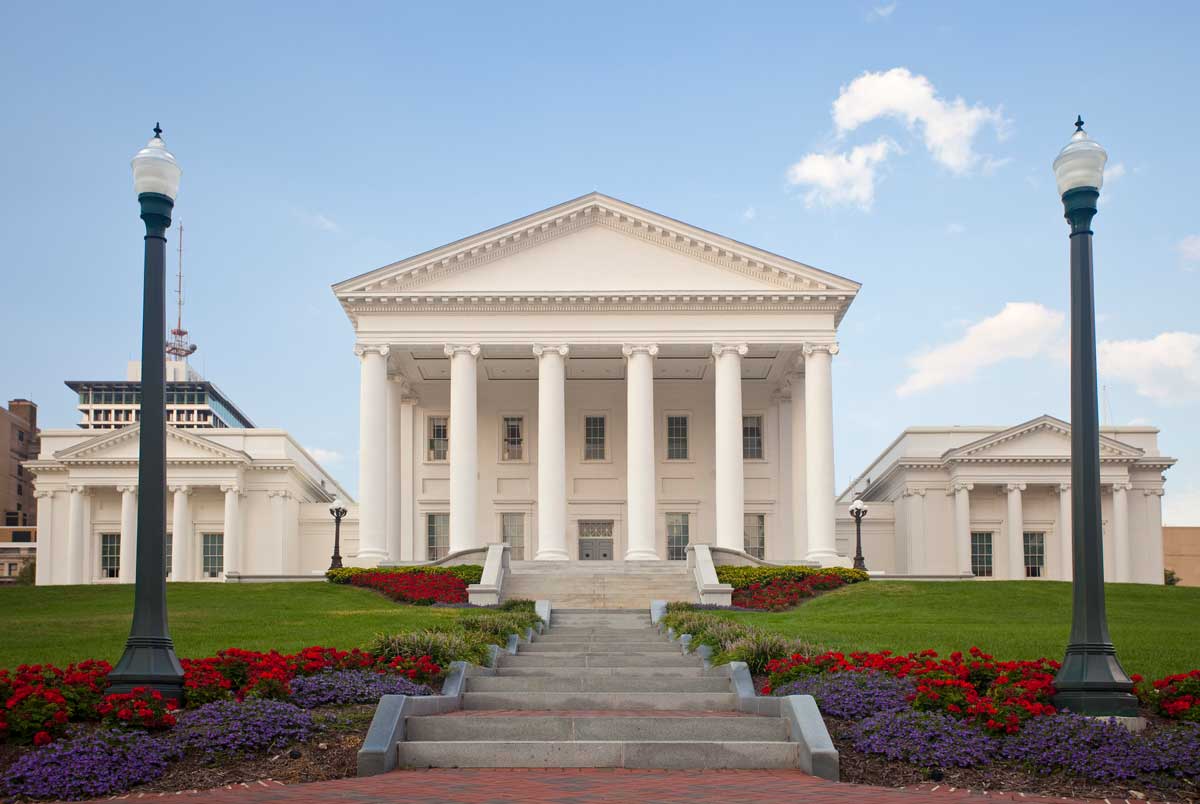
Recent Legislative Action Seeks to Boost Renewable Energy Market in Virginia
Renewable energy continues to be a hot topic and subject of legislation in Richmond, with recent legislative developments paving the way for increased adoption and investment in clean energy projects. This post addresses two notable updates: the enactment of a bill allowing rooftop solar leasing and the passage of a bill in the Virginia General Assembly that would establish the Virginia Clean Energy Innovation Bank.
Rooftop Solar Leasing
Solar Power World reported that the Virginia General Assembly passed House Bill 1062/Senate Bill 271 and Governor Youngkin signed the legislation into law, with an effective date of July 1, 2024. The new law will allow rooftop solar leasing with third-parties. The legislation aims to strengthen energy choice for customers and reduce upfront costs associated with installing solar panels.
Rooftop solar leasing is an arrangement where a third-party provider installs, owns, and maintains solar panels on a homeowner’s roof. The homeowner then pays a fixed monthly lease payment to the provider, typically lower than their previous electricity bills. This model eliminates the need for significant upfront investments, making solar energy more accessible to a broader range of consumers.
New Clean Energy Bank in Virginia
VPM News reported that the Virginia General Assembly has sent a bill to Governor Youngkin that would establish the Virginia Clean Energy Innovation Bank (CEIB) and allocate $10 million in funding if the bill is signed into law. The primary purpose of the CEIB would be to better position the state to receive federal clean energy loans authorized by the Inflation Reduction Act, which could potentially funnel more than $300 million to Virginia.
The federal loans can be used for various projects, including solar panels on schools, methane capturing on landfills, electric transmission system upgrades, offshore wind, repurposing oil and gas pipelines for hydrogen, and nuclear generation projects. The CEIB would operate as a State Energy Financing Institution (SEFI), providing state support to projects seeking federal loans and making them more competitive.
Qualifying projects for CEIB support include those that substantially reduce greenhouse gas emissions, increase the deployment of renewable energy projects, support electric vehicle infrastructure, reduce water use, and incentivize customers to shift demand in response to electricity price changes.
We will continue to keep you apprised of new developments impacting the renewable energy industry in Virginia.



Sorry, the comment form is closed at this time.